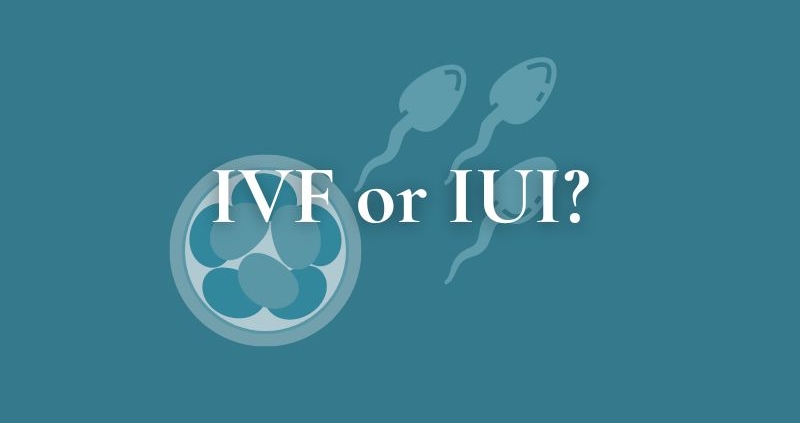What’s the difference between IVF and IUI?
Different methods of assisted conception have come under the spotlight recently as Democrat vice-presidential candidate Tim Walz speaks out about his family’s struggle with fertility.
Walz and his wife have been open about their “journey with IVF” but were then forced to clarify that they had relied on a different process known as intrauterine insemination, or IUI.
It is common for patients to conflate the two under the umbrella of ‘IVF’, but what’s the difference?
What is IUI?
During intrauterine insemination, or IUI, sperm is placed directly into the uterus. This increases the chance of the sperm reaching the egg as it reduces the distance it must travel.
Furthermore, the semen is separated from the seminal fluid before it is injected, significantly increasing the number of sperm in the uterus compared to through intercourse.
If you have irregular ovulation, we can use fertility drugs in combination with IUI.
How is IUI performed?
The sperm sample is injected through a fine catheter into the uterus at the time you are ovulating. The patient may be prescribed fertility medication to stimulate egg production.
The procedure is relatively quick and painless. In preparing for the IUI procedure, you will visit the clinic to monitor the eggs’ development before ovulation.
Who is IUI suitable for?
IUI may be recommended for:
- Couples with unexplained infertility, often as a first-line treatment
- Mild male factor infertility, such as low sperm count, sperm motility, or other mild sperm abnormalities
- Cervical factor infertility as IUI bypasses the cervix
- Use of donor sperm
- Male and female conditions that make full penetrative sex difficult, such as vaginismus or erectile
What is IVF?
IVF or in-vitro fertilisation involves fertilising the egg with a sperm outside the body. Embryos are developed in the laboratory before they are transferred to the uterus, where they will hopefully implant successfully and lead to a full-term pregnancy.
IVF maximises the chance of fertilisation, and we can use embryo selection techniques, including time-lapse monitoring and preimplantation genetic screening, to choose the embryo with the highest potential for pregnancy.
How is IVF performed?
IVF involves several steps. First, ovarian stimulation medication produces multiple eggs in one cycle. These are then retrieved through a minor surgical procedure performed in our Marylebone fertility clinic. Our embryologists then fertilise the eggs with sperm in our lab to create embryos.
The embryos are carefully monitored for a few days before the healthiest ones are selected. At this stage, they can either be frozen, or one or two are transferred to the uterus, with the rest frozen for possible use later.
The IVF process involves several visits to the clinic over four weeks for monitoring, egg collection and transfer.
Who is IVF suitable for?
IVF is suitable for the following fertility patients:
- Couples with infertility issues
- Same-sex couples wishing to use donor eggs, sperm or embryos
- Single individuals using donor eggs or sperm to conceive
- Patients with ovulation disorders such as PCOS (polycystic ovary syndrome)
- Individuals with genetic disorders as embryos can be screened before implantation
- For fertility preservation as IVF can be used to freeze embryos, eggs, or sperm for future use
Regarding success rates, there are many factors to consider, such as age and underlying fertility issues. Typically, IVF has higher success rates, but IUI can be a viable option for couples with minor fertility issues as a first-line treatment.
During your fertility consultation, our experts can thoroughly explain each procedure’s benefits and drawbacks and advise you on the most appropriate treatment option.

